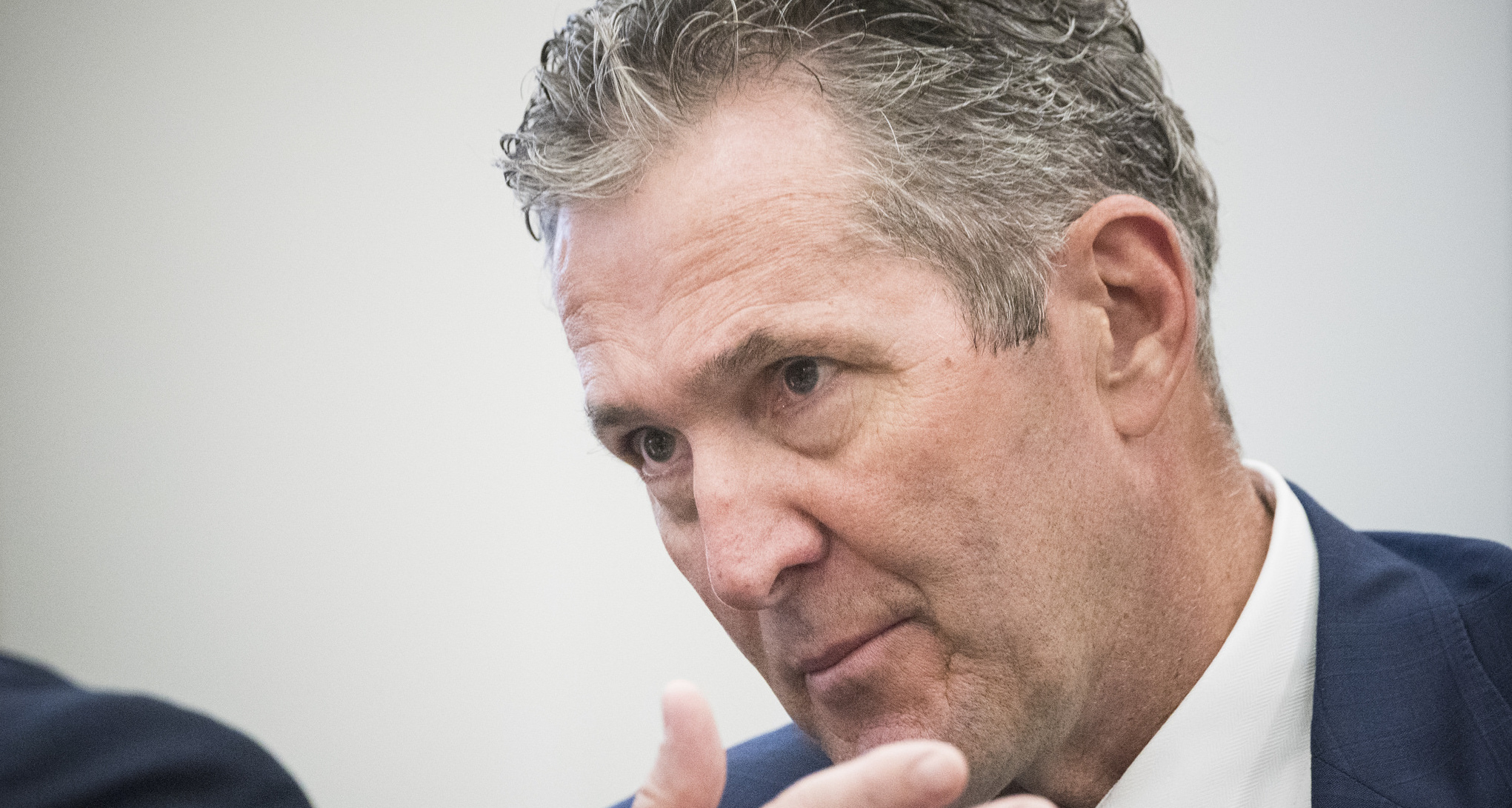Manitoba unions have filed an injunction to stop a recently passed law that would freeze public service employees’ wages, saying it violates their constitutional right to freedom of association.
The Partnership to Defend Public Services, a group of more than 20 of the province’s unions representing 110,000 workers, filed the injunction in Winnipeg on July 4.
The government has 20 days to respond.
The unions are asking the courts to forbid the government from enacting Bill 28, the Public Services Sustainability Act. The law, which was passed last month, introduces a four-year period of wage freezes or minimal increases. The law freezes wages in public service contracts for two years. Wages can increase by 0.75 per cent in the next year, and by 1 per cent in the final year. The law is implemented on a rolling basis. For unionized employees, the four years begin when their current contract expires. The four-year period started for non-unionized employees on March 20.
The government says the law is needed to balance the province’s budget. The law has not yet taken effect.
The law makes collective bargaining ineffective and that violates workers’ right to freedom of association, said Kevin Rebeck, president of the Manitoba Federation of Labour.
“The majority of issues that you bargain in a collective agreement have an impact on compensation levels,” he said. “They’ve effectively removed the majority of what you’d be looking to bargain and negotiate at a bargaining table.”
The Supreme Court of Canada has ruled collective bargaining is protected by the right to freedom of association, and that governments can’t restrict what can be included in collective bargaining.
As the statement of claim points out, Manitoba’s Labour Relations Act says collective bargaining can encourage “harmonious relations” between employers and employees. But unions allege the wage-freeze law does the opposite. It “(sends) a message to employees” that trying to reach shared workplace goals though the union collective bargaining process is “futile,” particularly if unions aren’t allowed to negotiate about wages. This can make members doubt the credibility of their unions, the lawsuit says.
The government did not properly consult with unions before introducing the bill, or passing it into law, the lawsuit alleges. The lawsuit details meetings between government officials and union leaders before the bill was introduced. Government and unions both agreed with the desire to return Manitoba to fiscal balance in eight years, the lawsuit says. Unions offered various solutions about how the government could fix its finances, but the government focused discussions on wage legislation.
The statement of claim describes how the government repeatedly denied unions’ requests for information about the proposed wage-freeze legislation. The government created a Fiscal Working Group, a group of union leaders and government officials that met to discuss how the province could return to fiscal balance. Union leaders in the group could also give input on potential wage-freeze legislation.
“Government never engaged with us,” Rebeck, the labour chairperson at the Fiscal Working Group, told rabble.ca. “They invited us, but they never engaged.”
The government has taken a “cookie-cutter” approach to public service contracts that doesn’t work, said Rebeck. The lawsuit says union leaders told the government collective bargaining can result in saving money, but contracts need to be negotiated by individual unions. “A one-size fits all cost-saving component of legislation would not work across the whole public sector,” the lawsuit says.
According to the statement of claim, the government responded that collective bargaining doesn’t always work, and that “unions could not be counted on to bargain in good faith.”
In an emailed statement to rabble.ca, the Manitoba government called the lawsuit an “unfortunate distraction from the real priorities of most Manitobans.” Bill 28 is one of many things the government is doing to balance the province’s budget, the statement says.
The lawsuit and union leaders say the bill is already harming collective bargaining, even though it hasn’t been enforced. According to the lawsuit, 11 of the unions involved are currently in contract negotiations.
The lawsuit alleges the law influenced last November’s three-week strike at the University of Manitoba. The university offered the union a new four-year contract last September. It promised wage increases of 1 per cent in the first year and 2 per cent each year after. The union refused and negotiations continued. On Sept. 30, the lawsuit says, Rick Stevenson, the assistant deputy minister for labour relations, told Greg Juliano, the university’s lead bargainer on the negotiations, that it was “highly likely” the government would be moving forward with controlling public-sector wages.
On Oct. 6, the government ordered the university to take its previous offer off the table and instead offer a one-year contract with no wage increases. The university did so.
The statement of claim alleges the government told the university not to tell anyone about its conversations with the government about the new contract. The union was not consulted about this new offer or told about communication between the government and the university until the first day of negotiations to avoid a strike.
The three-week strike ended with the union accepting a one-year contract with no wage increases.
The University of Manitoba Faculty Association, the union that represents faculty at the school, has filed an unfair labour practice application with the province’s labour board alleging the government’s actions have caused the university to bargain in bad faith with them.
Meagan Gillmore is rabble.ca‘s labour reporter.
Image: Flickr/usdagov
Like this article? Please chip in to keep stories like these coming.




